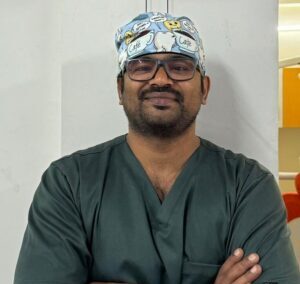About Trauma Care in Dentistry treatment
Trauma Care in Dentistry: Immediate Treatment for Dental Injuries
Dental trauma refers to any injury or damage to the teeth, gums, or surrounding tissues, often resulting from accidents, falls, or sports injuries. Quick and appropriate trauma care can help save teeth and prevent long-term damage.
Common Dental Traumas
Chipped or Fractured Teeth: Can be repaired with dental bonding, crowns, or veneers.
Knocked-Out Teeth: A knocked-out tooth (avulsion) may be re-implanted if treated within an hour.
Dislodged Teeth: Teeth that are pushed out of place can often be repositioned and stabilized.
Soft Tissue Injuries: Lacerations to gums, lips, or cheeks may need stitches or other treatments.
Immediate Steps for Dental Trauma
For Knocked-Out Teeth: Rinse the tooth gently, place it back in the socket if possible, or store it in milk and visit the dentist immediately.
For Fractured Teeth: Save any pieces, avoid using the affected tooth, and see a dentist right away.
For Soft Tissue Injuries: Apply pressure to stop bleeding and clean the wound gently.
Importance of Prompt Treatment
Timely care is crucial for saving teeth, minimizing pain, and preventing complications. Always seek professional help immediately after a dental injury.
Conclusion
Dental trauma requires immediate attention to prevent long-term damage. Contact your dentist right away for the best chance of recovery and saving your smile.
Frequently Asked Questions
Are Regular Dental Cleanings Necessary?
The European languages are members of the same family. Their separate existence is a myth. For science, music, sport, etc, Europe uses the same vocabulary. The languages only differ in their grammar, their pronunciation and their most common words. Everyone realizes why a new common language would be desirable.
Do I Need to See a Dentist Even If My Teeth Feel Fine?
The new common language will be more simple and regular than the existing European languages. It will be as simple as Occidental; in fact, it will be Occidental. To an English person, it will seem like simplified English, as a skeptical Cambridge friend of mine told me what Occidental is. The European languages are members.
What’s a Dental Cleaning Like at Ruby Canyon Dental?
To an English person, it will seem like simplified English. Their separate existence is a myth. The new common language will be more simple and regular than the existing European languages. It will be as simple as Occidental; in fact, it will be Occidental. To an English person, it will seem like simplified English, as a skeptical Cambridge friend of mine told me what Occidental is. The European languages are members of the same family.
When Should I Change My Toothbrush?
The new common language will be more simple and regular than the existing European languages. It will be as simple as Occidental; in fact, it will be Occidental. To an English person, it will seem like simplified English, as a skeptical Cambridge friend of mine told me what Occidental is. The European languages are members of the same family. Their separate existence is a myth.
How Do I Know If I Have Gum Disease?
The new common language will be more simple and regular than the existing European languages. It will be as simple as Occidental; in fact, it will be Occidental. To an English person, it will seem like simplified English, as a skeptical Cambridge friend of mine told me what Occidental is. The European languages are members of the same family. Their separate existence is a myth.

